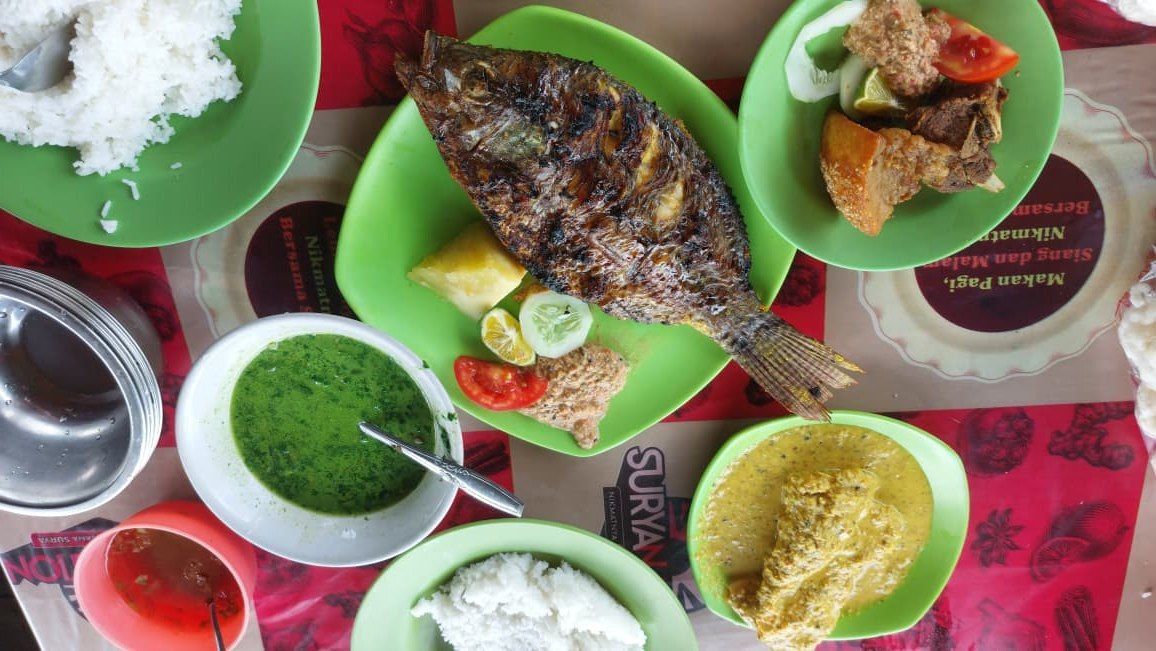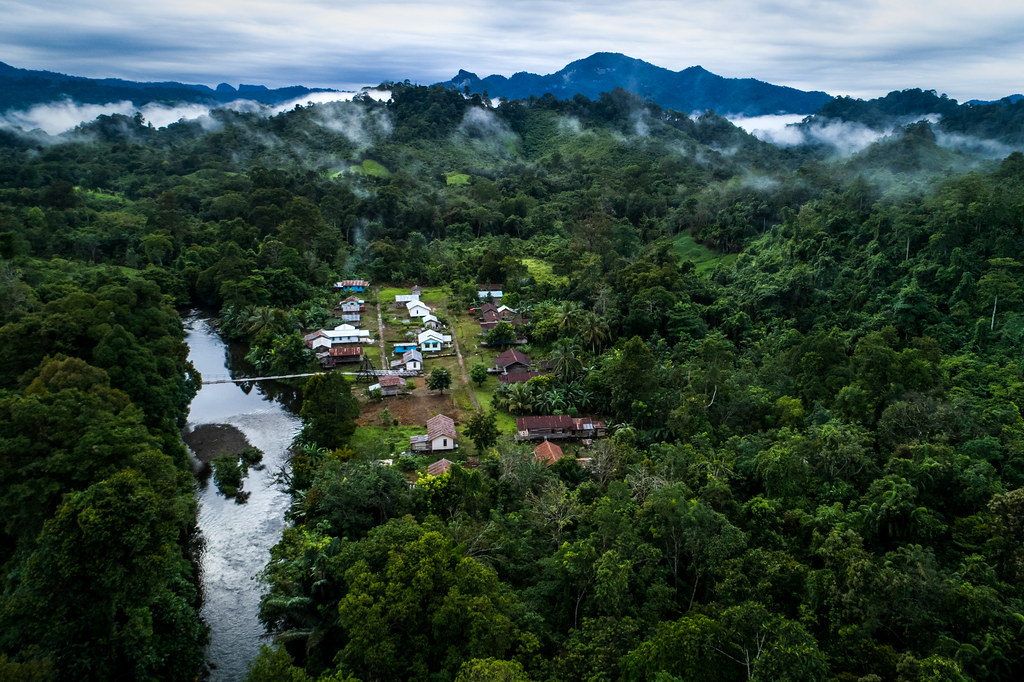It was the day the rains came. The crowds outside the Velodrome wandered down the steps and onto the boulevard as the big match dissolved in the deluge.
The prefecture of Marseille was prepared for most eventualities on the day of the grandest derby in French football. PSG fans had been banned, there was a heavy police presence at the Gare St Michel and, even hours before kick-off, there were watchful eyes as Marseille supporters made their way towards the arena.
But then the decision was taken. Match off. The rain was manageable but the forecast was worrying. A warning for thunderstorms and flash floods in the area prompted the postponement of Le Classique. It will now take place tonight.
It was a damp squib on a weekend where nocturnal fireworks flashed, where temperatures reached the highs 20s, and where the Marseillais waited impatiently for a tilt at PSG, the side they view as the great pretenders, the team they say is built on nothing more than money.
The march back towards the centre of the city was considerably less dramatic than the approach in early afternoon when the metro was packed, the buses heaved with fans and banners waved in defiance of the wind and rain.
It was my second last walk in pursuit of Le Classique. The last will be tonight when I return to the Velodrome.
Marseille's Velodrome Stadium is drenched in rain ahead of the postponement of the fixture
The Velodrome on matchday is a sight to behold, Marseille's passionate fans second to none
Marseille were the first French club to be crowned European champions back in 1993
It all started in midweek, though. A roar greeted me as I stumbled through the grimy streets surrounding Gare St Michel. It was reassuring rather than threatening.
I had been warned not to walk through this quarter at night. Unwittingly, I found myself in it, armed only with a small bag on wheels and a glaikit expression. Half an hour after landing in Marseille, I was a stranger in a strange land. But the noise signalled the proximity of something with which I am familiar.
Soon, I was sitting outside a pizza canteen with a group of lads watching Marseille take on Real Madrid. Most proclaimed their Arab descent. ‘We are Marseillais, but we know our heritage,’ says Amir, pointing at his Algerian shirt.
When the match finished, with Marseille narrowly losing, they talked animatedly about the club and what it meant to them. Their English is fractured. My French is so broken it requires surgery, but an understanding was found.
The love of Marseille is profound, The hatred for PSG obvious.
This is the result of history, culture, economics, politics and passion. Its potency tells us much of how modern football has evolved and, historically, how the rise of one club inevitably causes the relative demise of another.
‘The greatest blow was them winning the Champions League,’ says Raymond, a fan sitting in an Olympique strip, as I headed on a ferry to the Chateau d’If at the weekend. ‘We loved that we were the only French team to do it,’ he adds of the victory in 1993. ‘There is a sickness here about them lifting the cup last season.’
Once Marseille had a rivalry with Bordeaux. Once the premier clash in French football was Nantes v St Etienne. Now PSG are the masters. Marseille last won Ligue 1 in 2010. PSG have won it 11 times since then, including the last four.
Marseille's Mason Greenwood holds off PSG's Joao Neves and Vitinha last season
Ex-Celtic star Timo Weah plys his trade for Marseille and scored against Real Madrid last week
The resentment is not just restricted to matters on the pitch. Many in Marseille talk animatedly about how they are forced to accept second best, that Paris is everything and that their city is forgotten. This is the same fuel that drives much of the sporting and political drama in Naples, another great one-team city.
However, Napoli has tasted championship success recently. Marseille fans are left to sip the dregs of old victories. It is still an intoxicating beverage.
‘We believe we are the best, we believe PSG are upstarts who are all about money, we are the true believers, we are the real club,’ says Sebastien, outside the Orange Velodrome on the day before the big match.
The interior of the Velodrome on match day is quiet, decorous. It is the day before matchday and I have decided to make a reconnoitre. Twenty euros allows me to stroll through the dressing rooms and onto the pitch. The ground has the aspect of an abandoned cathedral. It will not be like that tonight.
‘The matches that created the foundation of the PSG-OM rivalry were late 1980s and early 1990s and tended to be ill-tempered affairs,’ says Tom Williams, author of the excellent Va Va Voom, an insightful examination and highly entertaining history of French football. Marseille’s win over PSG in May 1989 is generally seen as the match that truly lit the blue touchpaper, with Franck Sauzee scoring a long-range winner in the last minute to take OM to the brink of the title.
PSG coach Luis Enrique holds aloft the Champions League crown after May's victory in Munich
Williams points out, too, that a match in December 1992, which Marseille won 1-0, came to be known as La Boucherie for the foul count. There were 33 fouls in the first half alone.
This violence has, ironically, sweet memories for OM fans. Six months after the battle in Paris, Marseille thrashed PSG at the Velodrome to win the title and then beat AC Milan in Munich to win the Champions League.
In 2011, however, Qatar Sports Investment took over PSG. Under the chairmanship of Nasser Al-Khelaifi, the club set the Champions League as its target. It brought in players such as Zlatan Ibrahimovic, Neymar, Kylian Mbappe and Lionel Messi, who failed in this ultimate quest.
A change of strategy — moving from individual stars to a team pattern, but still recruiting extraordinary talent — bought the Champions League in the summer with a rout of Inter Milan in the final.
‘I watched that and I admit I cried,’ says Tomi as we approached the Velodrome yesterday. He could hardly be heard over the cacophony in the Metro station hours before kick-off.
‘The PSG victory hurt. Some said it was a matter of time once they were bought over but I lived in hope. I prayed that God would leave this to us, that this would be something they would never have. We must wait for the wheel to turn. But when?’
The lamentations of Tomi continued until we arrived at the foot of a statue. It depicts the winning Marseille team in 1993 carrying club president Bernard Tapie on its collective shoulders.
On a matchday in 2025, there is a link to Scotland with Matt O’Riley and Timothy Weah, both once of Celtic, preparing for game that has to be postponed. The perennial hero of Marseille, Sauzee, was a player and then manager at Hibernian.
Franck Sauzee is a Marseille legend who went on to play for and manage Hibernian
Former Celtic midfielder Matt O'Riley is another who now struts his stuff at the Velodrome
But Tapie counted some Rangers fans among his many enemies. The businessman, politician, sometime singer and convicted match-fixer, died in 2021, though allegations of corruption led to Marseille forfeiting the 1993 league title but not the Champions League of the same year.
There is a belief among Rangers fans that a place in the final was thus denied to them as they finished second to Marseille in the group stage back when the winners progressed to the final. UEFA ruled, however, that the match-fixing involved a domestic league match and did not impact on the Champions League.
‘Marseille fans love him and will defend him to the hilt to this day, arguing that for all the accusations of match-fixing — one of which, of course, culminated in him being sent to prison — and dodgy activities, he did nothing that the directors at other major European clubs weren’t doing too,’ says Williams, who devotes a chapter to Tapie in his book.
‘Fans of Marseille’s rivals, notably PSG, think he’s a crook who brought shame upon French football.’
Former Marseille president Bernard Tapie was tainted by match-fixing but is revered in the city
Club captain Didier Deschamps and president Bernard Tapie savour the club's 1993 triumph
He adds: ‘Regardless of allegiances, I think there’s a begrudging respect in France for the fact that he turned Marseille into European champions.
'Didier Deschamps once said that OM winning the Champions League in 1993 removed a major psychological block affecting French footballers and that France wouldn’t have won the World Cup five years later without it.’
The statue was surrounded yesterday with fans taking photographs. Tomi told me there is a move to name a nearby street after Tapie. ‘He is our hero. Who cares what others think of him?’ he says.
He and other Marseille fans walked away from his hero. Tapie, forever enshrined in bronze, was immune to the rain. Le Classique was not. But in Marseille it was not a case of passion lost in the downpour but merely of passion postponed.

 3 months ago
101
3 months ago
101

















































